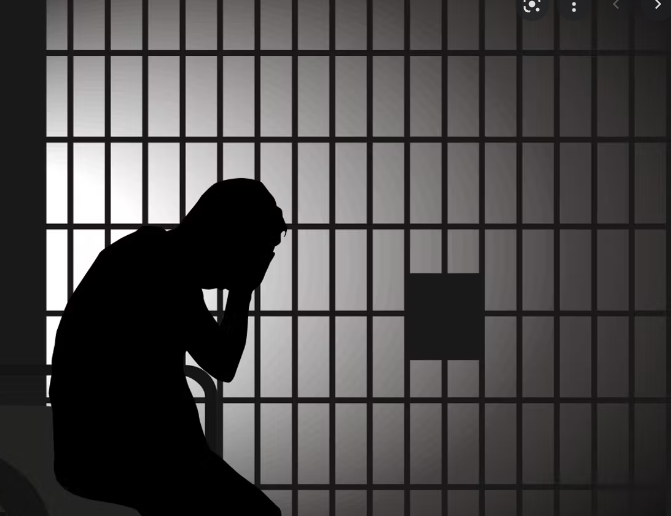Report says some mentally disturbed criminals detained for over 20 years, clueless about their release date
TEFO PHEAGE
The conditions under which mentally disturbed criminals detained at both S’brana Psychiatric Hospital and prison facilities across the country have shocked and irked the United Nations.
The recently released findings of the United Nations Working Group on Arbitrary Detention has revealed that the average length of detention for such individuals is 14.7 years, though the Group encountered persons thus detained for over 20 years.
The group’s fate rests on the Mental Health Board which assesses the possibility of their release to the society based not only on their medical condition but their ability to live in the community, family support, and on whether victim reconciliation has taken place.
However the final decision to release them lies with the sitting President who holds the powers to endorse the recommendations of the Mental Health Board. According to the Criminal Procedure and Evidence Act, where the Mental Health Board has certified, to the Director of Health Services in such manner as may be prescribed that a person confined under the provisions of section 160 is no longer a mentally disordered or defective person, the Director, after making such inquiry into the matter as he may think fit may report to the President who, on consideration of such report and such certificate, may make such order concerning- (a) the continued confinement; (b) the release; or (c) the conditions governing or affecting the confinement or release, of the person so confined, as he may think fit.
The UN has expressed concerns that “there are no published guidelines to inform the process” and they also heard that there are no community-based support and treatment programs in Botswana where this group could be rehabilitated or hosted.
The UN found that there are 37 such persons in S’brana Psychiatric Hospital and many others across the prisons in Botswana. “The detention of these individuals is de facto indefinite. A number of such individuals interviewed stated that, after having already spent decades in detention, they do not know if and when they might be released,” reads the UN findings report, further warning that indefinite detention of individuals is contrary to international law and detention on the basis of disability, including psychosocial disability, contravenes article 14 of the CRPD.
There are currently only three psychiatrists at S’brana Psychiatric Hospital who attend to 285 patients, the report said.
“The Working Group also wishes to record its concern over the current dilapidated state of the facilities at the psychiatric hospital. Although the staff explained that the patients often damage the facility, it was evident to the Working Group that the design of the hospital does not provide a safe environment for the patients,” the report says.

